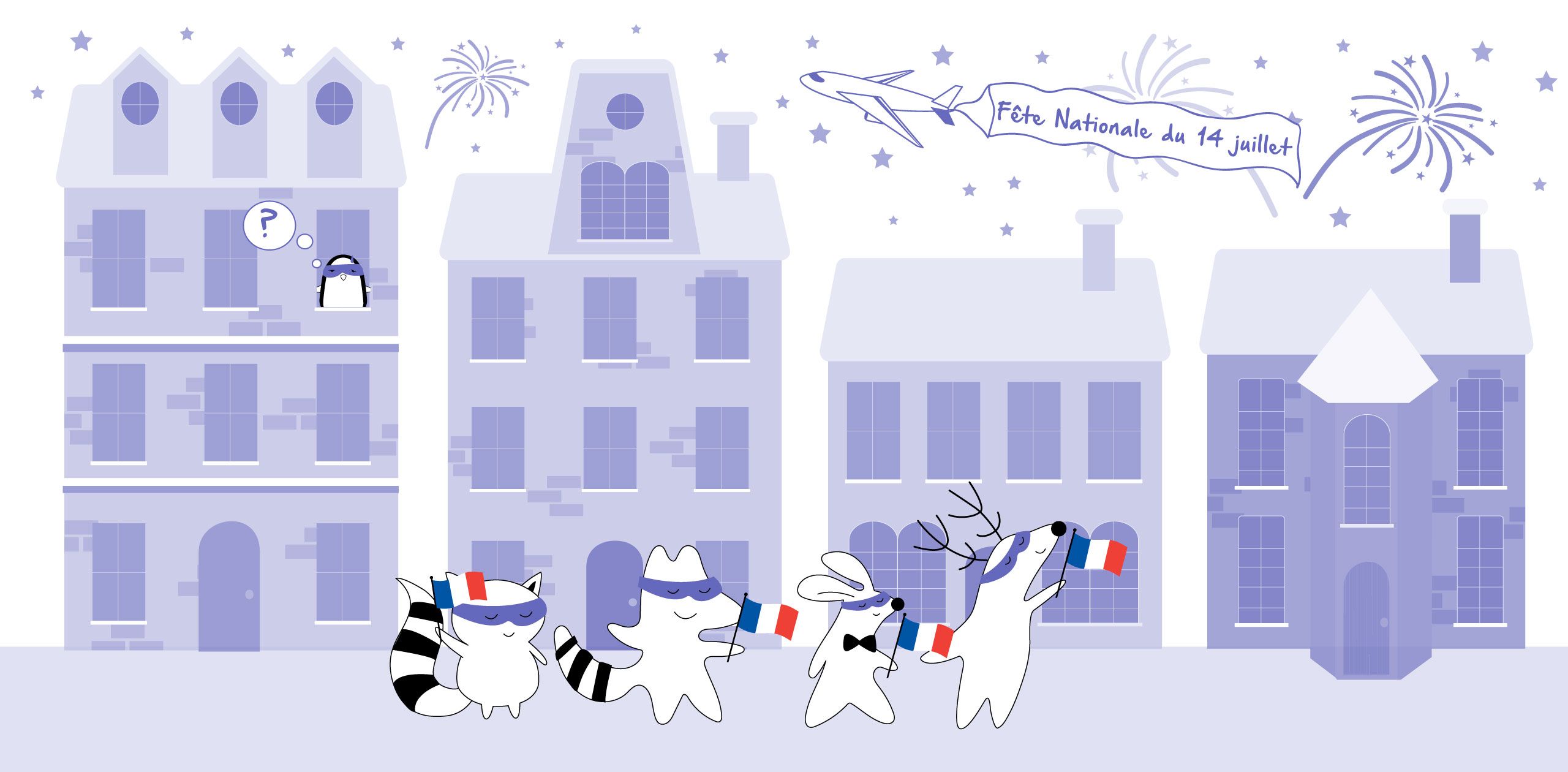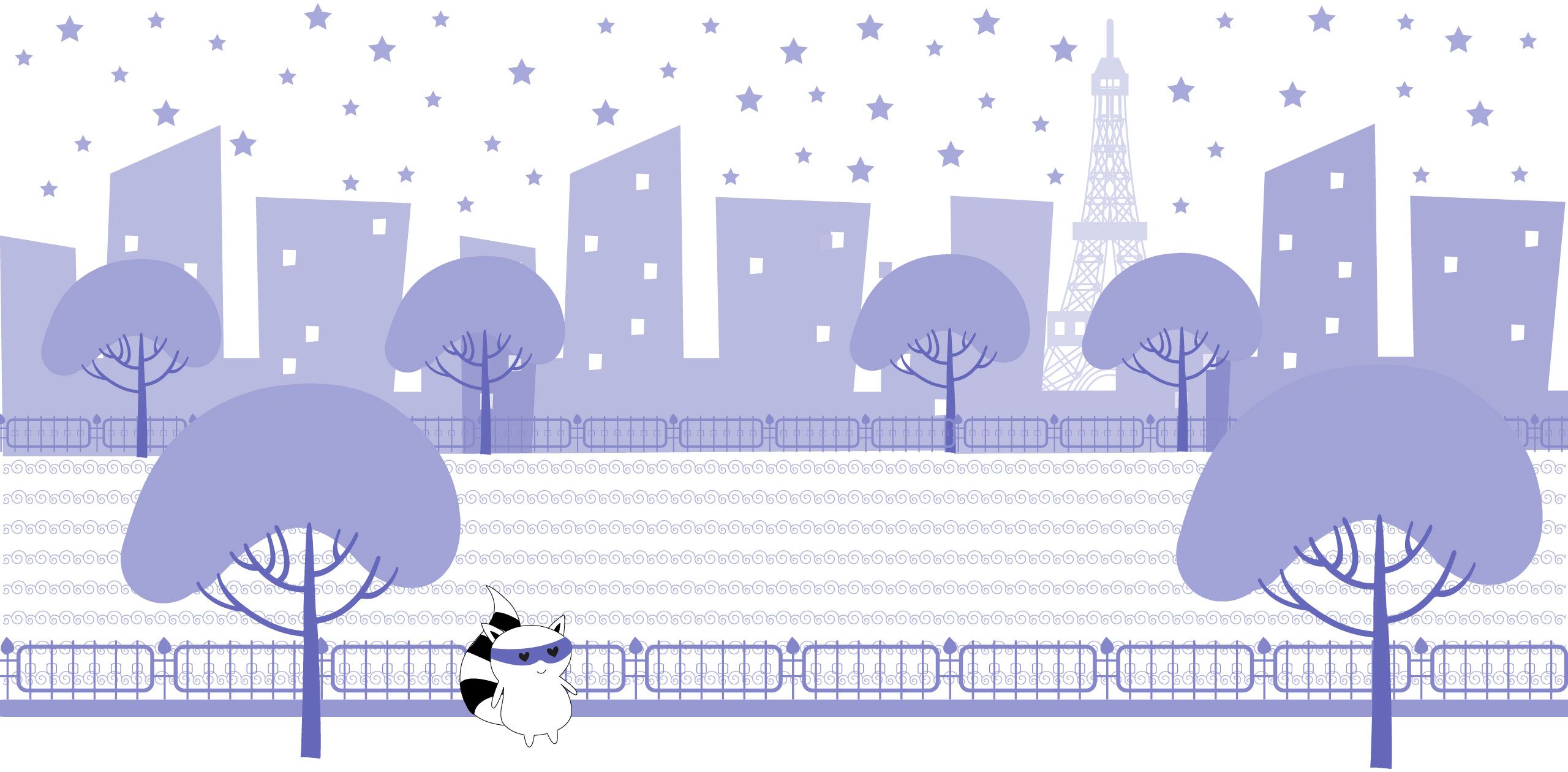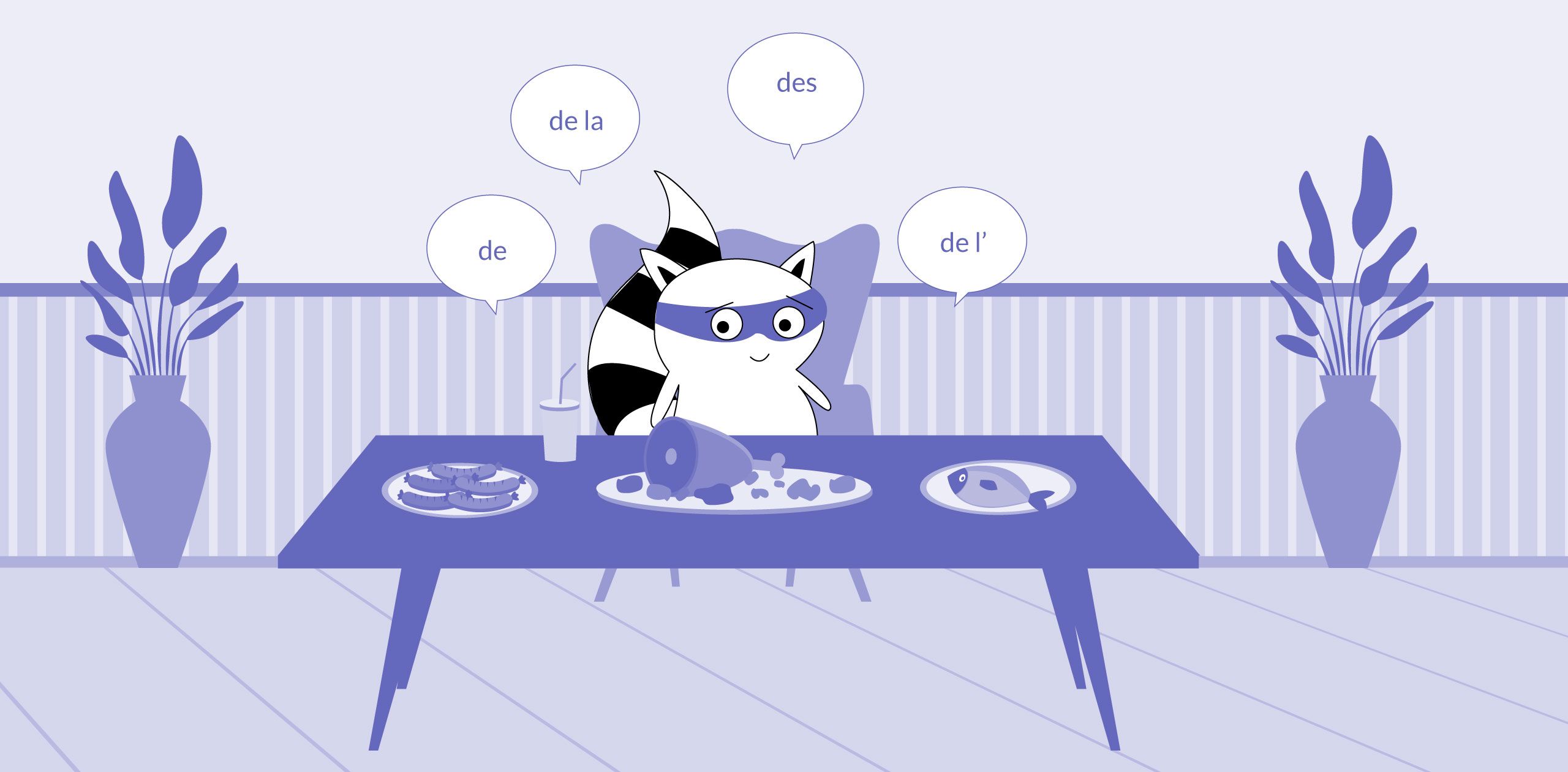
Learning French can be a challenging yet extremely rewarding experience. One of the most difficult aspects of the language is mastering its many verb conjugations and tenses. But that's only one part of the puzzle – another important piece is understanding French grammar. This includes learning about French partitive articles.
Partitive articles can be quite a tricky topic to grasp, especially since they don’t have alternatives in English. To help you master them and boost your fluency level, we’ve prepared this guide. Read on, and learn everything you need to know about French partitive articles.
Learn French with Langster
Partitive Articles: The Basics
In French, there are four main partitive articles: du, de la, des, and de l’. Their primary purpose is to specify the vague quantity of something.
Each article corresponds to a certain gender and number:
- Du – masculine
- De la – feminine
- Des – plural for both genders
- De l’ – used before all words starting with a vowel or a silent h
For example, you would use a partitive article when you want to speak about an uncountable noun such as wine or water – in English, we don’t use any article at all. In French, partitive articles are often used with food or other uncountable or abstract nouns. In that case, we would often use constructions with vouloir (to want) and avoir (to have).
French
English
Tu veux du thé ?
Do you want tea?
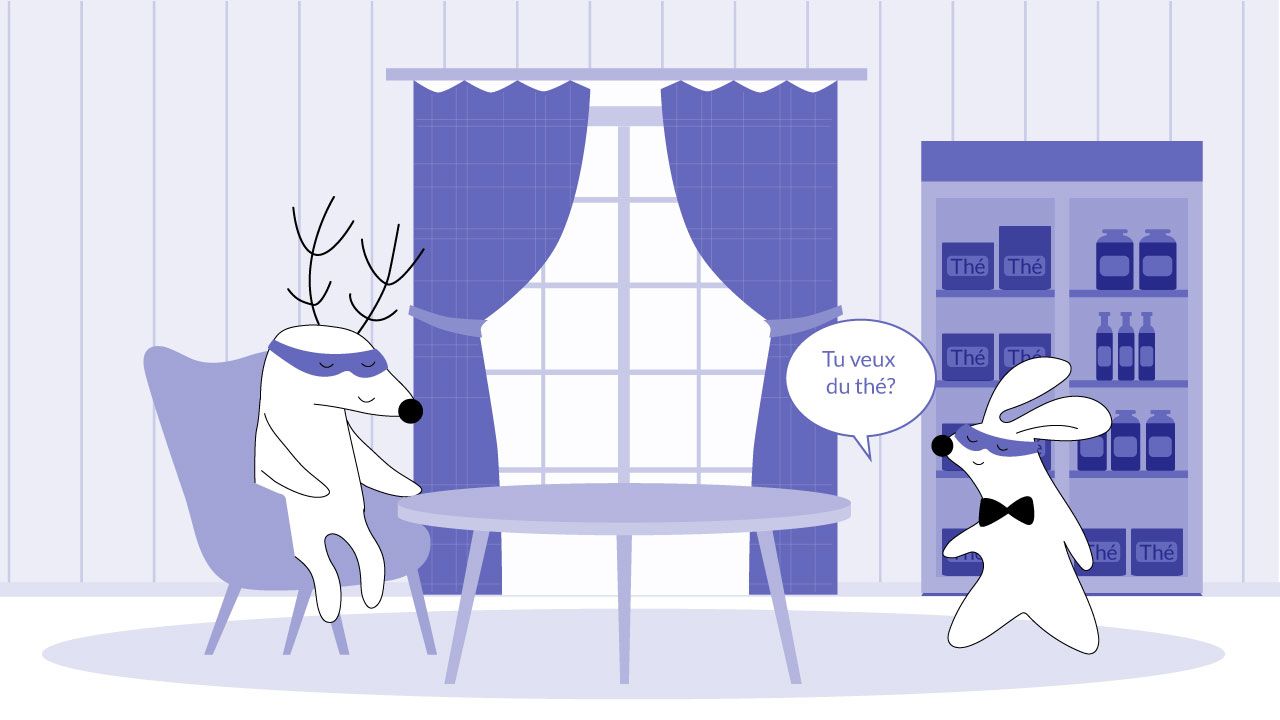
We can also use partitive articles when talking about the non-specific quantity of something:
French
English
Notre chatte a donné naissance à des chatons !
Our cat gave birth to kittens!
But this information, of course, is not enough. Let’s dive deeper into the details.
Usage of Partitive Articles
With Uncountable Nouns
Partitive articles are often used when talking about a general, non-specific quantity of food or other substances. In that case, we can translate it as “some.” For example:
French
English
Je voudrais du jus d'orange.
I'd like some orange juice.
S'il te plaît, mange des pâtes.
Please, eat some pasta.
However, it’s important to remember that we can only say “some” in French using partitive articles when talking about an unspecified amount.
In English, the word “some” also functions as a derogatory adjective, as in “Some books were good.” In French, we would translate this as “Certains livres étaient bons,” and never use partitive articles in this context.
But, getting back to our topic, here are some other ways to use partitive articles:
- To talk about food in general:
French
English
Est-ce de la confiture de fraises ?
Is this strawberry jam?
Mangez-vous de la viande ?
Do you eat meat?
- With verbs jouer (when talking about games or musical instruments) and faire (when talking about sports or other activities you can practice):
French
English
Je joue de la guitare.
I play guitar.
Je fais de la natation.
I swim (I practice swimming).
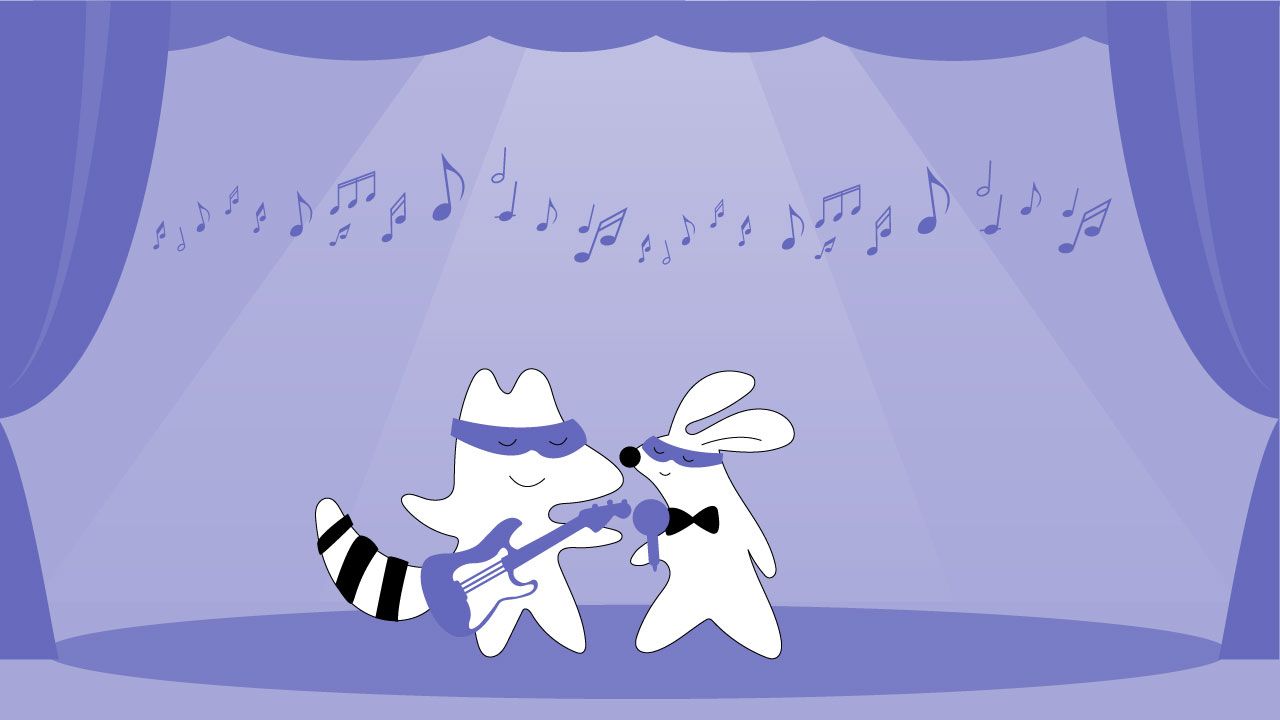
- To talk about abstract things or uncountable nouns:
French
English
Elle a du courage.
She has courage.
Je veux jouer dans du sable.
I want to play in some sand.
- As “any” in questions:
French
English
Il y a du pain à la maison ?
Is there any bread at home?
Avez-vous de l'argent ?
Do you have (any) money?
With Unspecified Quantity
As mentioned above, partitive articles can also be used to talk about an unspecified plural quantity of countable nouns. In that case, we can say that there’s more than one of something, but it’s a vague, unspecified number.
French
English
Veuillez acheter des pommes et des bananes pour demain.
Please buy apples and bananas for tomorrow.
J'ai des sœurs plus jeunes.
I have younger sisters.
Of course, if the number is specified, we won’t use an article at all:
French
English
J'ai trois sœurs plus jeunes.
I have three younger sisters.
De and D’
Sometimes, French partitive articles can revert to simply de or d’, regardless of the number and gender. In these cases, you will never use a definite or indefinite article.
Here’s when that happens:
With Expressions of Quantity
If you want to express a specific quantity, such as a lot of, a little of, a bottle of, a kilo of, etc., you can use the appropriate French phrase followed by de or d’ (when the following word starts with a vowel or silent h).
French
English
J'ai beaucoup de devoirs.
I have a lot of homework.
Tu as peu de foi en ce plan.
You have little faith in this plan.
Donnez-moi un verre de vin.
Give me a glass of wine.
In Negative Sentences
In negative sentences, we also often use de or d’ instead of partitive articles.
French
English
Je ne veux pas de vin.
I don't want wine.
Je ne mange pas d'oeufs.
I don’t eat eggs.
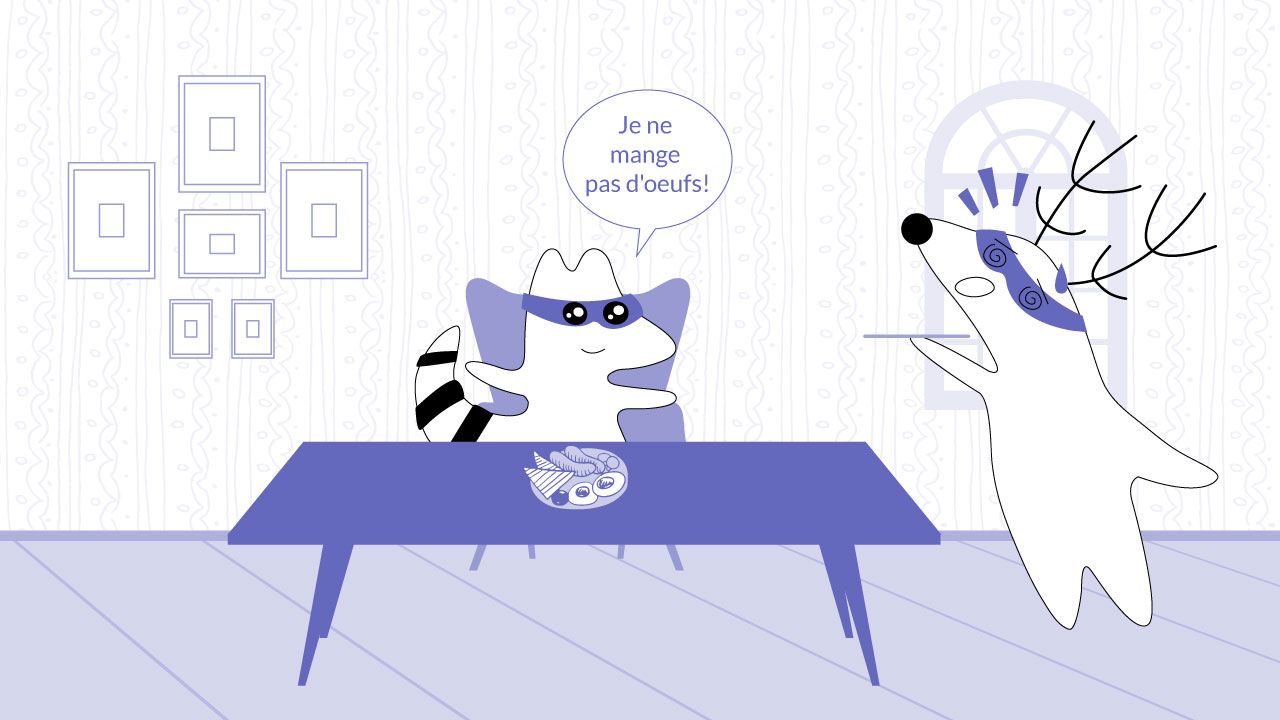
However, it’s important to remember that you always use a definite article when talking about something you love or hate, even in negation.
French
English
Je n'aime pas le vin.
I don't like wine.
With Certain Phrases
You should also use de and d’ with avoir envie (crave, desire) and avoir besoin (need).
French
English
Je besoin d’argent.
I need money.
As-tu besoin d'aide ?
Do you need help?
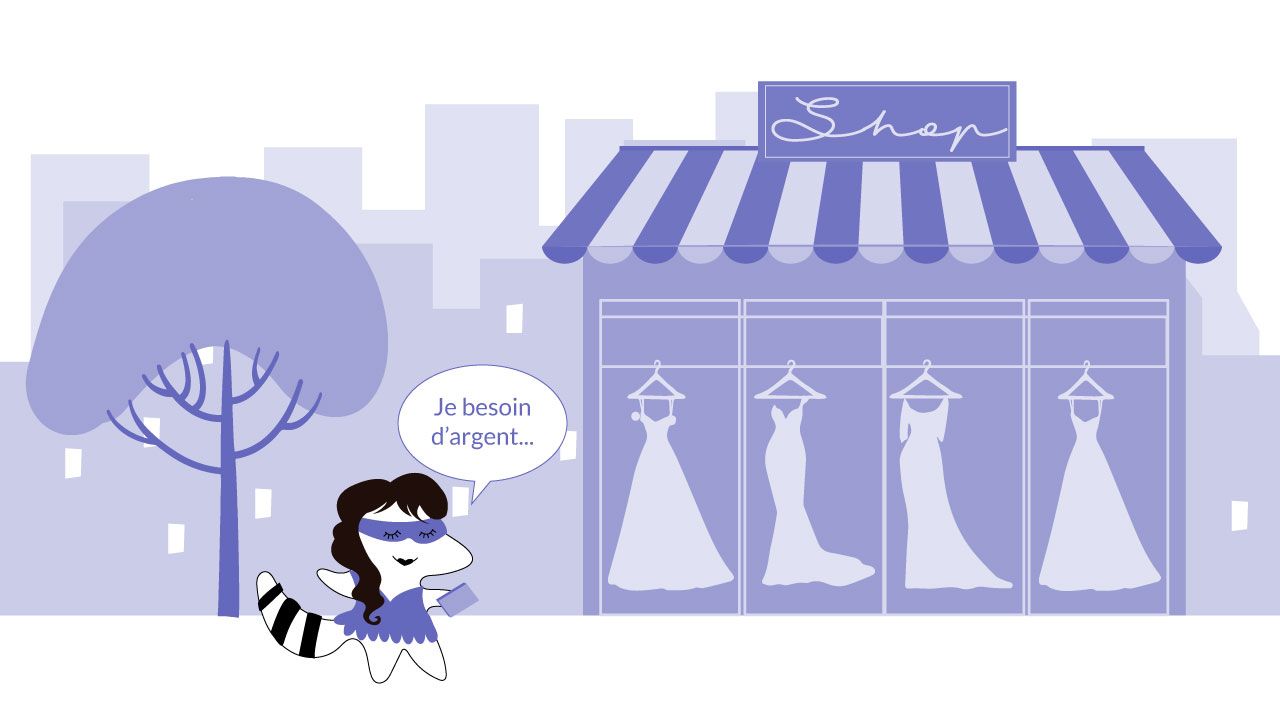
Bottom Line
Partitive articles are notoriously tricky for French learners. However, it’s essential to learn them and understand their rules and usage in order to speak the language correctly.
In general, we use a partitive article when talking about uncountable nouns, abstract concepts, or food in general. Of course, there are some exceptions to these rules, as well as some specific cases when we would use partitive articles. But don’t worry: after you master the basics, it will be much easier to better understand this once-challenging topic.








